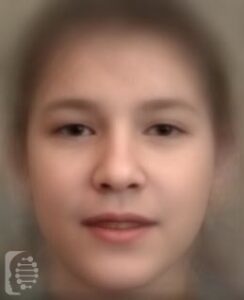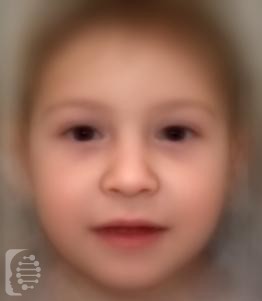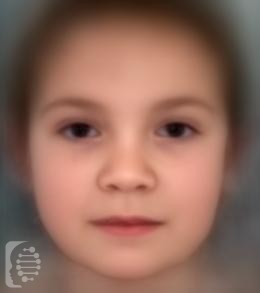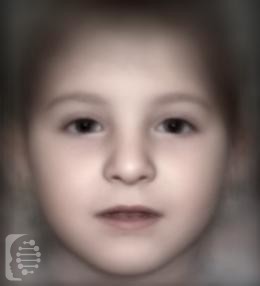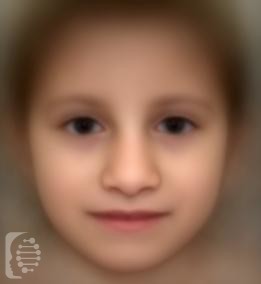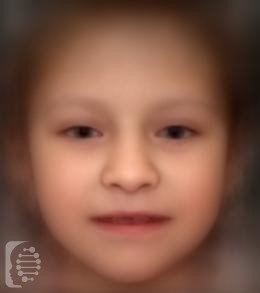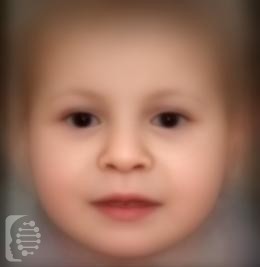
Emanuel syndrome
Emanuel syndrome is a rare chromosomal condition, believed to have been diagnosed in more than 100 people to date. Some of its symptoms may be life-threatening in infancy. Severe to profound intellectual disability is one of the most prominent symptoms of the syndrome. Syndrome Synonyms:Supernumerary Der(22)t(11;22) Syndrome The syndrome is caused by the extra genetic […]




